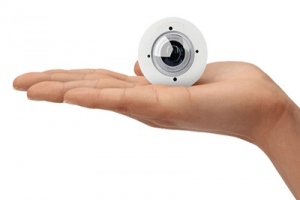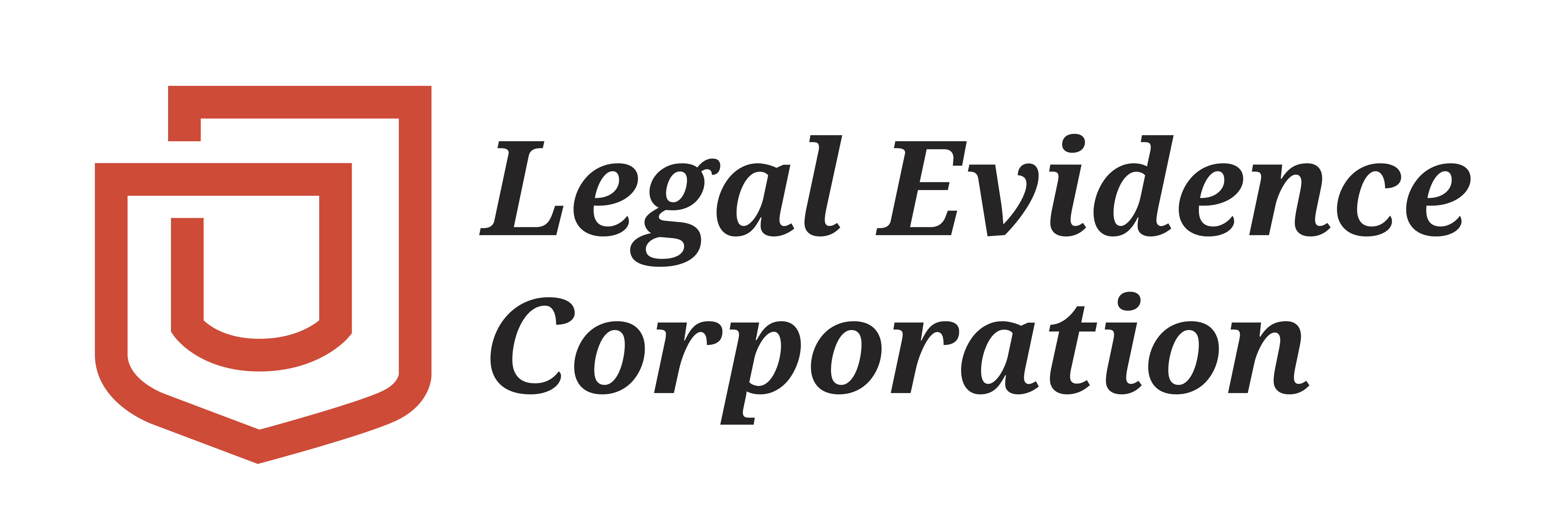 Legal Evidence Corp The field of Digital Forensics, responsible for developing technology and techniques to identify, extract, classify, and preserve electronically stored information has grown dramatically, and only a handful of firms are qualified to meet the court’s mandates.
Legal Evidence Corp The field of Digital Forensics, responsible for developing technology and techniques to identify, extract, classify, and preserve electronically stored information has grown dramatically, and only a handful of firms are qualified to meet the court’s mandates. Items filtered by date: January 2016
Video Surveillance as Legal Evidence
The law is often said to be formalized, rigid in its formulation and slow to evolve. Advances made in science and technology, now quicker in evolution, seem to always bring new challenges to the legal industry. Technology has clearly changed law enforcement over the last 20 years. It has become an integral part of a police officer’s daily work life, from use of social network sites to keep citizens aware of what is occurring in the community to the use of sophisticated recording devices for undercover operations.
With the advent of new technology in law enforcement, such as the use of digitally recorded video from dashboard mounted cameras in patrol cars or traffic monitoring cameras mounted on poles at public intersections, comes the challenge of preserving captured video of an incident and having it admitted into evidence at a subsequent criminal trial. Similar concerns exist for the use of digitized images from surveillance cameras. These are the more common examples of investigative use of digital video and subsequent evidentiary use. As the technology advances and becomes more accessible to the general public, certain evidentiary concerns need to be considered.
Over the past decade we have become a surveillance society. The events of 9/11 — along with concerns for responding to crime in our communities — have spawned an increase in government and business use of surveillance cameras. Chicago, for instance, has utilized a Department of Homeland Security grant to increase its city surveillance and projects a camera on every street intersection by 2016.
Is there digital evidence that needs examination in my case?
Ask yourself a simple question: “Do I know how to identify the presence of digital evidence in my case?” . And then you should ask another question. “If I overlook the presence of digital evidence, am I doing my job well ? Am I providing the best defence to my client? Am I doing my due diligence? ”
Most solicitors I first spoke to were surprised with the answers they ended up giving themselves. When in doubt, ASK ! Experts are there for solicitors to use them. And the best advice is to ask as early as possible, not let it for the last possible moment.
Here is a small list of possible cases. Can you identify if any of them can use digital forensics to provide evidence that support your client’s position?
- Someone is arrested for stealing lead from a church.
- Someone receives a digital document (i.e. PDF) from their employer who claims the document is older than they believe.
- Someone is accused of disturbing the peace
- Someone is accused for murder while he claims he was not at the locus
- Someone suspect their spouse is cheating on them
- Someone suspects their employees drive to places not related to their assignments on company time and on a company car
- Someone suspects their child is not where they said they were
- Someone is afraid that their Facebook account or their email account is hacked.
- Someone has their car stolen
- Someone is afraid their employees are stealing important pieces of information to sell to a third party
- Someone is accused of abusing a company computer




